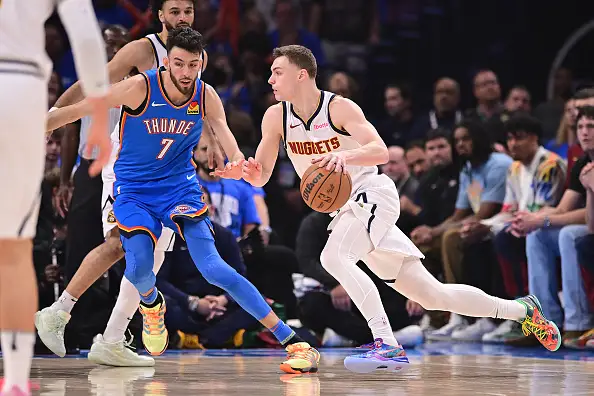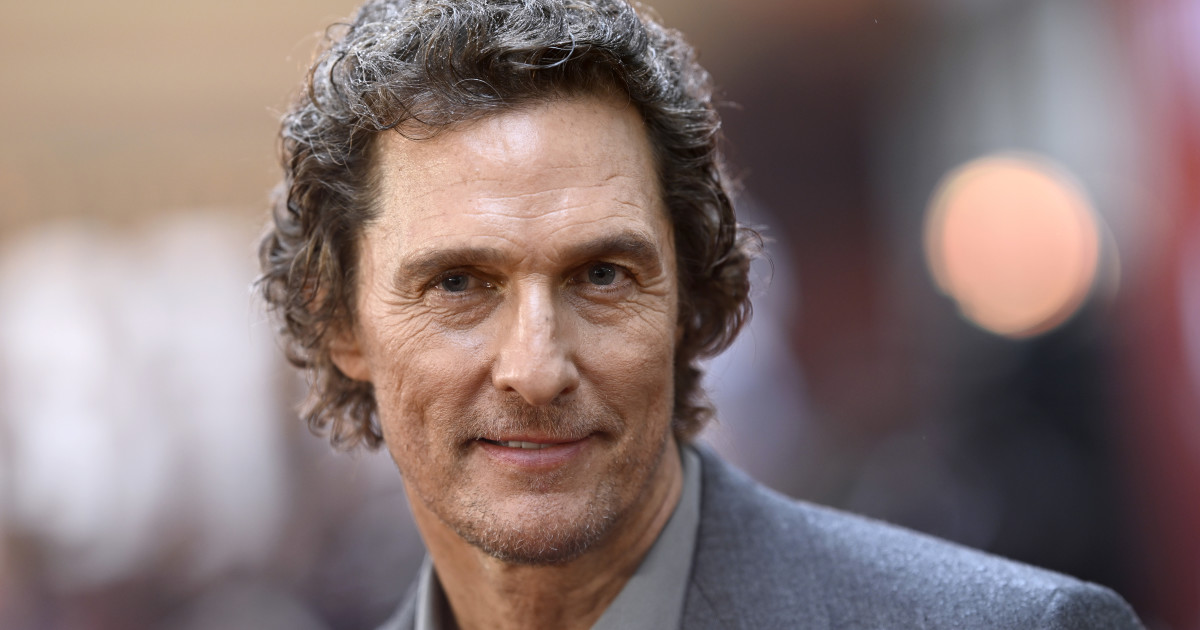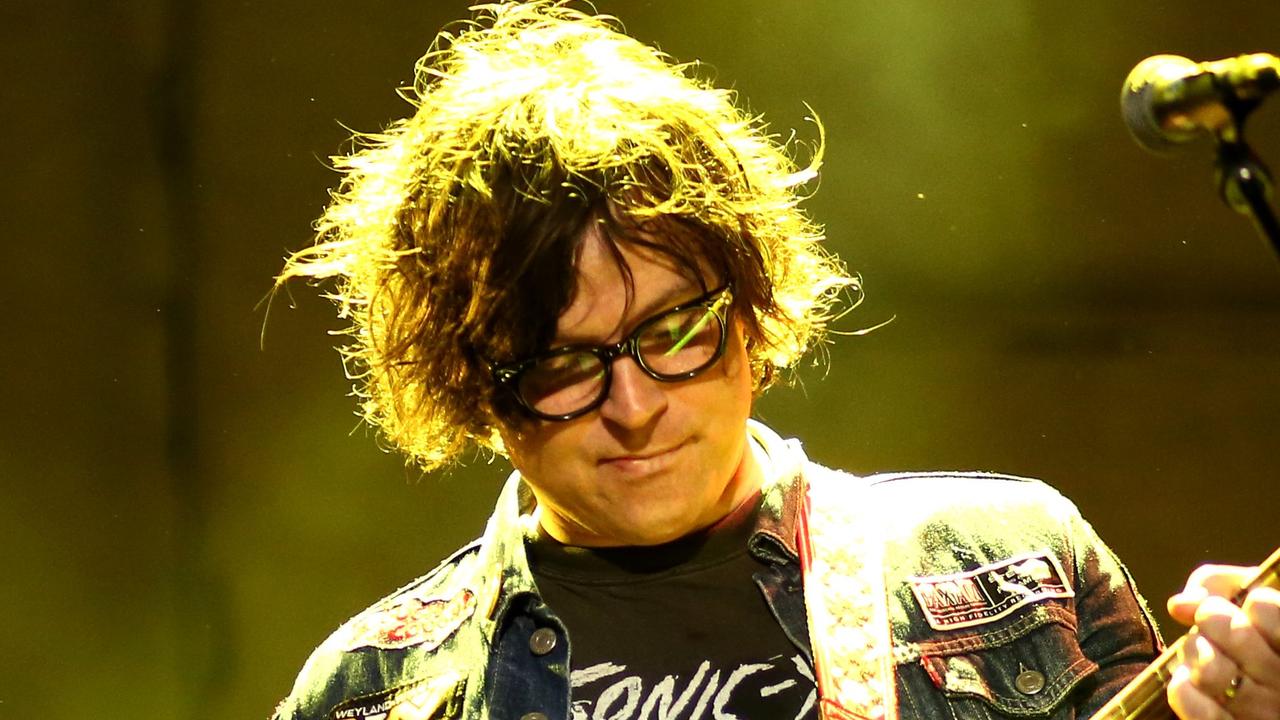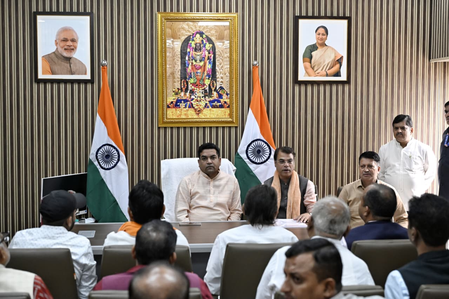Copyright Parade
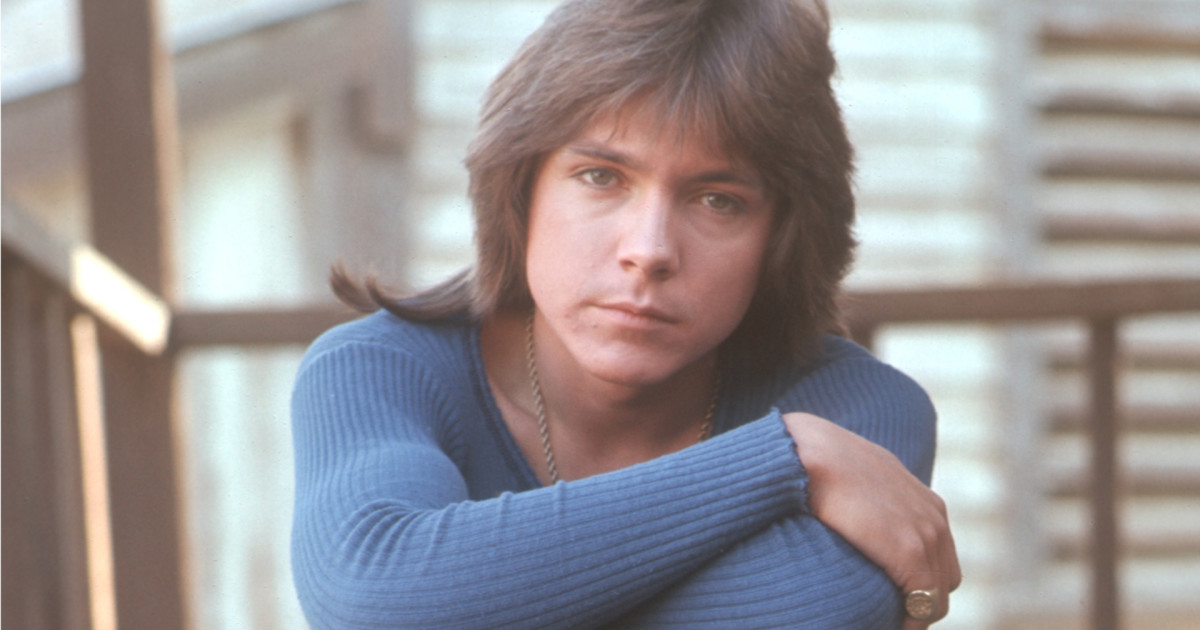
In 1972, the world’s biggest teen idol shocked fans and friends alike by posing nude for the cover of Rolling Stone, a move some in his inner circle called “insane.” David Cassidy was reportedly tired of being called a teen idol. At 22, he was in a personal and professional quandary. Cassidy represented the wholesome face of bubblegum pop for millions of adoring teenage fans, but behind the scenes, his life was far from the squeaky-clean image he projected. According to Rolling Stone, Cassidy was acting his age, experimenting with drugs, alcohol, and relationships, and finding it difficult to maintain the idealized persona that made him famous. Therefore, when he was approached by the publication for an in-depth interview, he accepted. Along with that came a cover shoot titled “Naked Lunch Box” with legendary photographer Annie Leibovitz, who encouraged Cassidy to strip. Parade Daily🎬 SIGN UP for Parade’s Daily newsletter to get the latest pop culture news & celebrity interviews delivered right to your inbox 🎬 “I didn’t tell my management I was doing that,” Cassidy told Rolling Stone. “They went insane. We shot it at my house in Los Angeles.” He later said in his biography, C’mon On Get Happy: Fear and Loathing on the Partridge Family Bus, that he was all for the shoot. “The photos would simply reinforce the idea that in my interviews I’d had nothing to hide. I liked the idea. I thought and still think that the photographs she took of me were great. Revealing and real.” The backlash was immediate. Coca-Cola pulled out of plans to sponsor a Cassidy TV special, and General Mills attempted to withdraw from its partnership with the singer. The broader audience Cassidy hoped to attract beyond his teen idol image never emerged, he later admitted. Cassidy said of the cover, seen in an image available on his official website, “IT PISSED OFF everybody that was really profiting from the business of David Cassidy. [had fan letters that came to me – and there were hundreds of thousands of them, literally -in defense of me by fans of mine, that said, ‘Oh David, [know that you couldn’t possibly have done this because I know that you would never have posed nude for photographs.’ And the fact was, I had, had willingly done so, had thought about it. [scratched my head and thought, You know, this David Cassidy business has really gotten outta hand.” In the same Rolling Stone interview, photographer Leibovitz shared her own view of the then-controversial shoot, “He did this thing he really shouldn’t have done and got into deep trouble for it. In retrospect, I feel sad.” She added that she subsequently saw Cassidy a couple of times after the shoot, and he “thanked” her for helping him to move on. “He desperately wanted to get off the show, and he sort of committed professional suicide to get out of his contract. That ended one period of his career.”
